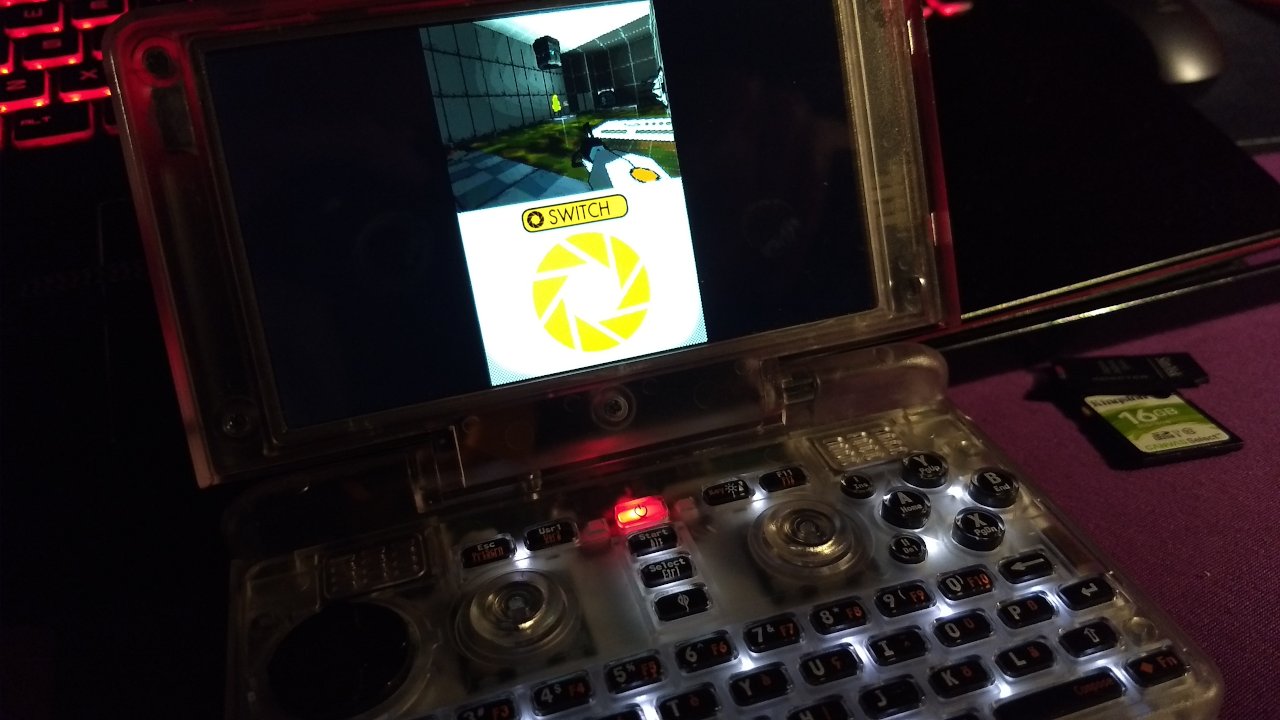End of January, to mid of February wasnt meant to put pressure on EvilDragon, its just my hope, and if its takes until March or April, also nothing i have big issues whit..
For a Work PC on my Desctop Settup, i still have the GPD Win, which works pretty good as its also just a tiny Windows PC in a Handheld Case, but it would be cool to just use the same Handheld for Desctop as i also have in my Pockets..
Also the Win got these Issues that its Windows, so you have to wait somethimes if Microsoft decides to give it an Update..
On Pandora, i had to start the Update manually, so if i ditnt had the Time to update, i ditnt updatet the Pandora,
on GPD Win, its automatic, and if i you want to play some tetris, you can have unluck and its update...


